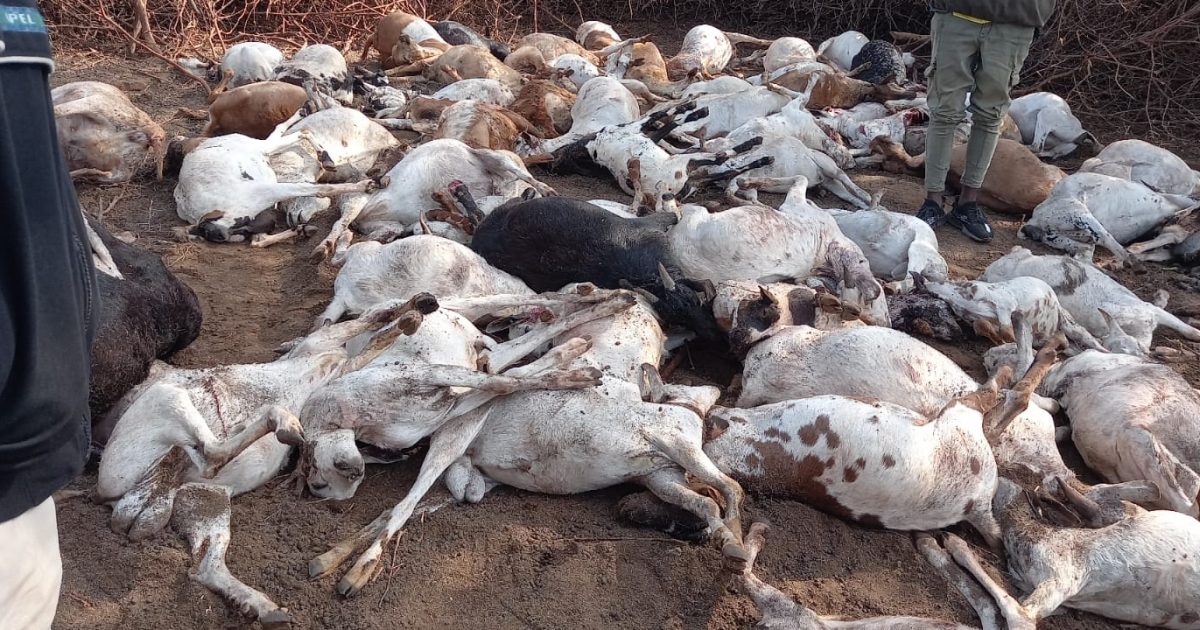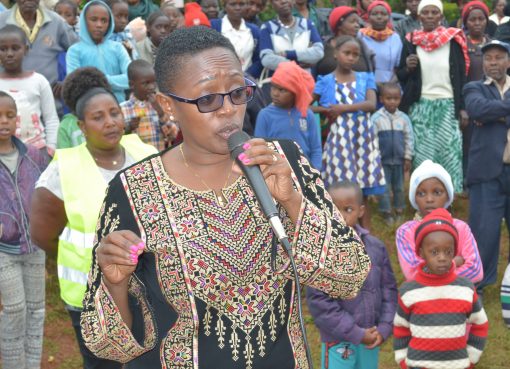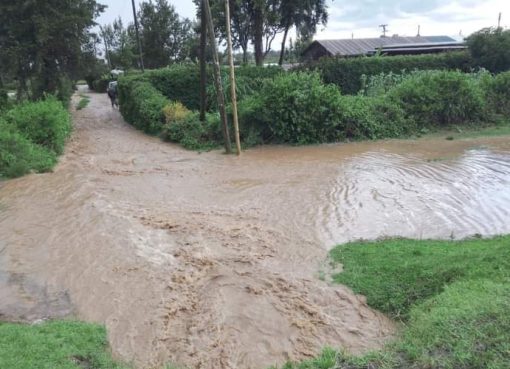Livestock farmers in Taita-Taveta County have reported huge losses of livestock to marauding lions that continue to terrorize residents in the region.
In the last six days, farmers have reportedly lost close to 200 goats to attacks by lions and leopards straying from Tsavo National Park due to drought.
On Saturday, farmers in Kighombo village in Mwatate sub-county incurred huge losses after more than 30 goats and cows were killed by lions.
Desperate farmers have taken to holding night vigils to watch over the remaining herds for fear of more attacks by the stealth canines.
Ms. Judith Mtuveta, one of the affected farmers, says the sudden attacks have left the residents with huge financial losses. She adds that the few livestock left remain in danger as the lions are still roaming the location.
“It’s a disaster. Our daily chores such as fetching firewood have been disrupted because we fear the lions will attack us,” Judith said.
She also claimed that learning activities have been disrupted as most pupils were opting to stay away from school for fear of encountering the stray wild animals lurking in the bushes.
Mr. Patrick Mwavala, another farmer who lost his livestock to the lions, says he is yet to recover from losing 13 goats in one night to the lions.
He says the priced goats were his only source of livelihood and that he has nothing now to assist him cope with the high cost of living.
“The lions have decimated the only source of income that I had. I don’t know how I will survive,” said the distressed farmer.
The affected residents have accused Kenya Wildlife Services (KWS) of not doing enough to trap the lions that keep terrorizing them despite making calls to KWS to make sure that the wild animals are returned to Tsavo National Park.
“We have reported this to KWS but the action taken is not enough because the lions are still roaming,” Mwavala said.
Last Saturday’s attack was followed by a more severe attack in Sikujua Village on the outskirts of Voi town where over 103 goats and sheep were brutally mauled by lions from Tsavo East National Park. The midnight attack shocked residents due to the close proximity of the area to the densely populated villages adjacent to the busy town.
However, reports say Kenya Wildlife Service (KWS) has dispatched a team of rangers to the affected areas to trap the lions. The exercise however has been slow due to the highly mobile nature of the predators that can travel silently for several kilometres from the area they were sighted.
Mwatate sub-county Deputy County Commissioner (DCC) Ms. Margaret Mwaniki confirmed that a team of KWS was on the ground working around the clock to track the lions.
She further added that chiefs and their assistants were holding barazas with the farmers to ask residents to keep their livestock in secure places and to avoid leaving them in unsecured bomas at night to curb more losses.
“The KWS officers are tracking down the lions. As that happens, we are urging livestock farmers to keep their livestock in secure places,” she said.
Mr. Lawrence Mzugha, Member of County Assembly (MCA) for Mbololo ward in Voi toured the homestead in Sikujua where a farmer lost 103 shoats.
He called for an urgent dialogue between elected leaders and KWS officials on how to address the spike in livestock predation. He further proposed that KWS county offices should have an emergency kitty to compensate farmers whose animals had been killed by wild animals.
“This farmer has lost his entire investment in one night. The promised compensation will not come anytime soon and this calls for KWS to have emergency cash to compensate farmers to keep them going,” he said.
Livestock officials in Voi sub-county had recommended safe disposal of the carcasses but hungry residents brushed off the health warnings and carted the dead animals away.
A resident who only identified herself as Maria said the carcasses were adequately safe for eating because the animals died from lions’ attack.
She stated, “these animals could have been alive today were it not for lions. The meat is safe!”
By Jenta Mwake





